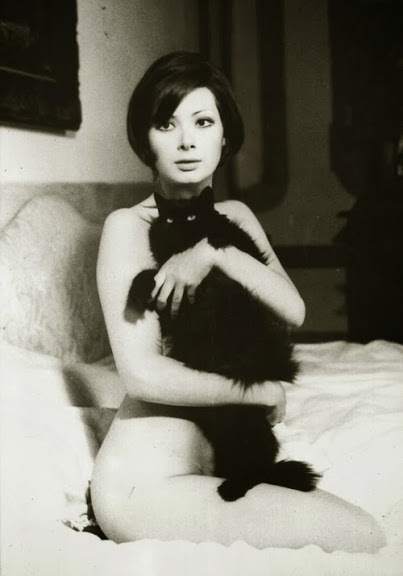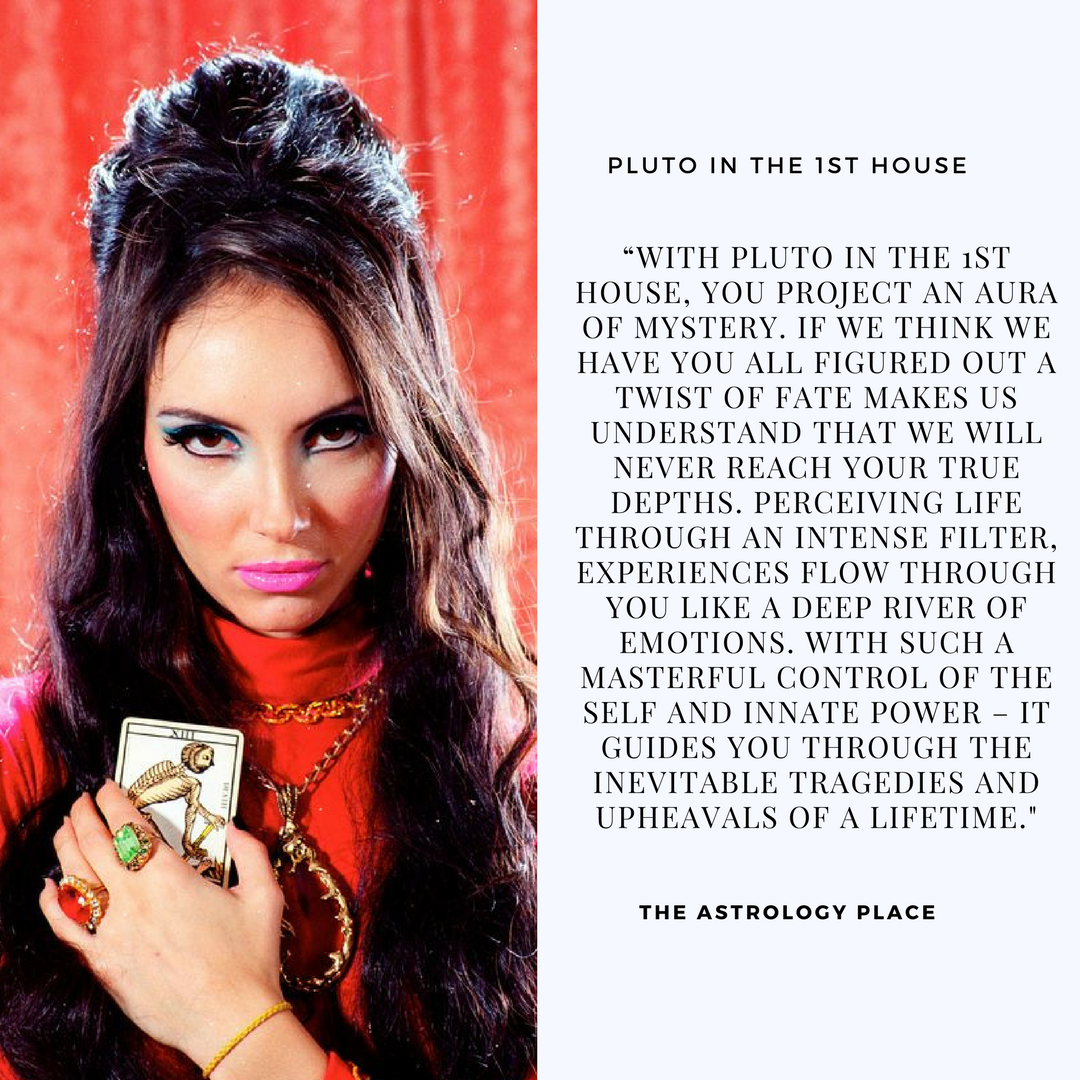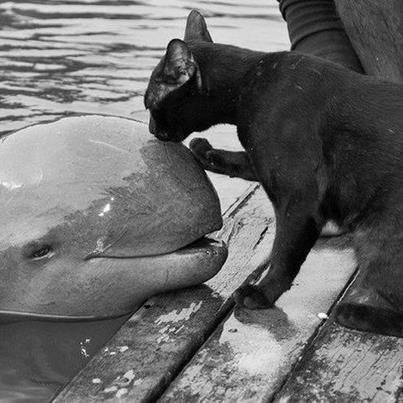
According to the insights of astrologer Liz Greene, the intriguing facade that Sun-Pluto women adopt to conceal an underlying, more potent personality is noteworthy. Individuals with dominant Pluto aspects frequently subject themselves to survival tests, and this tendency extends into their relationships. Women with inharmonious Sun-Pluto aspects (Conjunction, Square, or Opposition) often find themselves entangled with a “powerful” man who exerts significant control over the dynamics of the relationship. The Sun, representing the core self and consciousness, becomes entangled with Pluto’s transformative, sometimes destructive, forces. The projection of the dominant Pluto shadow onto a man, represented by the Sun, highlights a psychological mechanism wherein the individual externalizes and embodies the potent, often darker, aspects of their own psyche in the form of the partner.
“Sun square Pluto is a peculiar aspect in a woman’s chart because more often than not it is unconscious. The will to power, and the capacity to wield power through subtle emotional means, is not something which many women of that generation would admit; and in even younger generations it is not an easy aspect for a woman to live, because it is considered “unfeminine” by the collective. A good example of this is Margaret Thatcher, who has the Sun square Pluto. More often, the woman with Sun-Pluto will pretend that she is weak and helpless, and will apparently give the power away to another; but then she becomes the victim, and can manipulate through guilt. I have met many women with this square who try very hard to portray a fragile, fluttery persona, while underneath there is a stainless steel spine. They are about as fragile as the Rock of Gibraltar.” The Development of Personality: Seminars in Psychological Astrology
The manifestation of Pluto’s shadow traits in relationships—possessiveness, manipulative behavior, control, cruelty, savageness, or devouring behavior—serves as a mirror reflecting the unacknowledged aspects of the individual’s own psyche. Unloading Pluto onto another person may provide a temporary sense of control or relief, but it ultimately perpetuates a cycle of intensity and struggle. It’s crucial to note that the apparent weakness or inability to break free from such relationships doesn’t diminish the inner strength of these individuals. Instead, it underscores the complexity of their internal dynamics and the profound impact of Pluto’s transformative energies. The Sun, when in contact with Pluto, acts as an illuminator of hidden, repressed, and blocked energy in the personality. When individuals experience the intensity and sometimes destructiveness of others associated with Pluto, it can serve as a spotlight on underlying wounds and transformative potential.
The symbolism of a man entering one’s life as a representation of Pluto, either natally or through a Pluto- Sun transit, as an illuminator is particularly insightful. This person, embodying Pluto’s archetype, becomes a catalyst for bringing to light aspects of the self that were previously hidden or repressed.
In the realm of astrology, Pluto symbolizes the trade-off between innocence and experience, marking the path toward maturity and serving as a herald of profound transformation. In the journey of life, individuals may go through experiences of pain, loss, and wounding that, while initially challenging, contribute to heightened self-awareness and emotional growth. This process mirrors the archetype of Pluto, which is often linked to the cycles of death and rebirth, both metaphorical and psychological. Astrologically, Pluto’s function as a catalyst for change aligns with its role in eliminating old thoughts and patterns of behavior. The elimination of the old signifies a shedding of outdated aspects of the self, making way for new and transformative phases of development. It’s akin to a cosmic force that compels individuals to evolve by breaking free from stagnation and embracing the opportunities for growth that arise from the ashes of the old.
Pluto’s influence can be likened to a powerful force that clears the path for further development and evolution. While the process may involve facing the darker aspects of the psyche and navigating challenging emotions, it ultimately serves a purpose in the grander scheme of personal and spiritual growth. In astrological terms, Pluto is often associated with themes of regeneration, empowerment, and the metamorphosis of the self. By acknowledging and working with Pluto’s energies, individuals can harness the potential for transformation, allowing for a deeper understanding of themselves and a more authentic expression of their true nature.
Pluto’s emphasis, whether through aspects to personal planets or its placement on important angles, indeed suggests a heightened intensity and transformative potential in an individual’s life. When this intensity is expressed in a challenging or demanding manner, it can give rise to complex interpersonal dynamics, including the potential for emotional manipulation. Pluto’s demanding nature makes individuals with strong Plutonian influences inherently demanding on others aligns with the archetype of Pluto as a powerful and transformative force. Individuals with prominent Pluto may indeed feel a deep need for control and intensity in their relationships. The tendency to exert pressure and resort to emotional tactics such as questioning the other person’s love or intentions reflects the Pluto-driven desire for power and influence.
The power struggle can stem from a fear of losing control or a need to maintain a certain level of intensity in the relationship. Pluto’s energy can be both compelling and intense, and individuals with strong Plutonian influences may struggle with relinquishing control, leading to manipulative behaviors when they perceive a threat to their desired dynamics. It’s important to note that not everyone with a strong Pluto emphasis in their chart engages in manipulative behavior, and the expression of these energies can vary widely based on other factors in the chart and individual personality traits. Additionally, in some cases, the Plutonian’s desire for control may be rooted in genuine concerns for the well-being of the relationship. However, when such concerns escalate into threats and coercion, it can create a power struggle and undermine the health of the relationship.
Plutonian types aren’t your casual lovers; these are the emotionally intense beings who bring a power play to relationships. They’re not satisfied with a regular connection; oh no, they want it deep, intense, and transformative. And if you’re not on board with their emotional rollercoaster, well, buckle up because they’re ready to twist your arm a bit. Resistance to their drama? Brace yourself for the guilt trip express. “Don’t you love me? Can’t you see I only want what’s best for us?” Classic Plutonian lines. It’s like they’ve got a script for emotional manipulation, and they’re not afraid to use it. But hold on, it’s not all nefarious. Sometimes, their intentions are truly genuine. In those cases, the Plutonians genuinely believe they’re steering the ship toward emotional nirvana. Bless their hearts. However, if you dare defy their grand plans, that’s when the threats come out to play. Suddenly, it’s not all love and rainbows; it’s a power struggle of cosmic proportions. Pluto doesn’t mess around when it comes to getting its way.
According to psychological insights, manipulators often stem from a place of frustration, which compels them to resort to manipulative tactics as a means to fulfill their desires. Similarly, the celestial body Pluto, with its symbolic association with intense frustration, obsession, and passionate denial, serves as an allegory for the psychological dynamics at play. In delving into the Pluto archetype, it becomes apparent that individuals embodying this energy tend to pursue their goals with a fervor that borders on obsession. The pursuit is characterized by a sense of indispensability, as Pluto types only engage in such intense actions when the desired outcomes are deemed vital to their well-being. This could be reflective of a deep-seated fear of loss, where the individual is driven to extreme measures as a protective mechanism against potential threats.
Whether consciously or subconsciously, many of our anxieties may find their roots in the apprehension of losing something significant. Pluto’s influence, in this context, underscores the intensity of these fears and the lengths to which individuals may go to safeguard themselves from perceived threats. The interchangeable nature of control within the life of a Plutonian suggests a nuanced power dynamic. Those with strong Pluto influences may manifest their need for control overtly or subtly, depending on their individual characteristics and life experiences.
Threats such as financial cutoffs, divorce, and various forms of abuse underscores the severity of the manipulative tactics employed by some individuals. The connection to difficult Pluto aspects in the astrological chart suggests that manipulative behavior can be a learned response, often stemming from past experiences of being manipulated. This cyclical pattern points to the complex interplay of power dynamics and the impact of personal history on one’s behavioral tendencies. Individuals are inherently powerful in their Pluto-related areas, but may only tap into those resources under the pressure of survival, highlighting the resilience and latent strength within. Individuals with challenging Pluto aspects have the capacity to overcome manipulative tendencies and assert themselves when faced with adversity. The journey toward self-empowerment and breaking free from manipulative cycles becomes a crucial aspect of personal growth and transformation.















